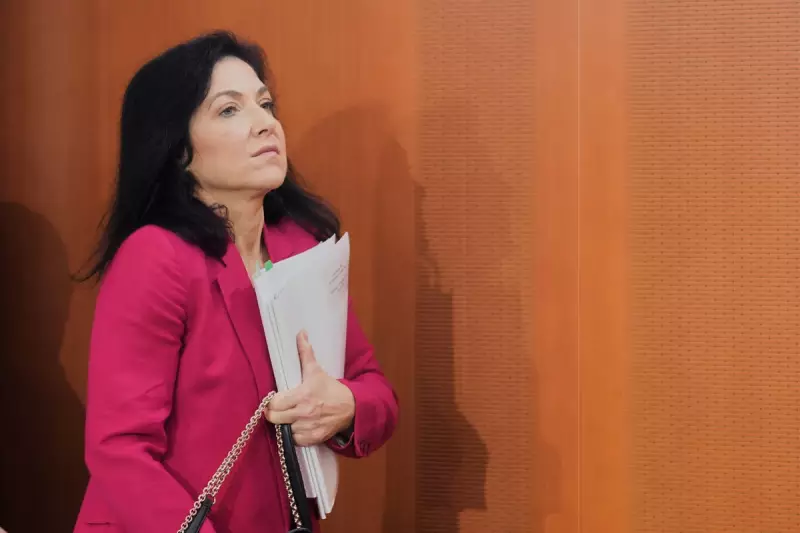
In a striking intervention that has sent ripples across European political circles, Germany's opposition leader Friedrich Merz has issued a stark warning about the potential consequences of Donald Trump returning to the White House.
European Defence Concerns Mount
The conservative Christian Democratic Union (CDU) chairman expressed grave concerns that a second Trump presidency could fundamentally undermine European security architecture. "We have to take seriously the possibility that Donald Trump will be the next US president," Merz stated during a high-profile political gathering.
His comments reflect growing anxiety among European leaders about America's long-term commitment to NATO and collective defence, particularly after Trump's previous threats to withdraw from the alliance during his first term.
Trump's NATO Comments Spark Alarm
The warning comes amid renewed focus on Trump's controversial stance toward NATO. The former president recently suggested he would encourage Russia to act against alliance members failing to meet defence spending targets—comments that have triggered diplomatic concern across European capitals.
Merz, who leads Germany's largest opposition party, emphasised the urgent need for Europe to bolster its own defence capabilities regardless of American political developments. "We must be prepared for all scenarios," he stressed, highlighting the geopolitical uncertainty facing the continent.
Germany's Political Landscape Shifts
The CDU leader's remarks also come at a sensitive time for German politics, with his party maintaining a strong position in polls ahead of upcoming state elections. Merz positioned European security as a central pillar of his party's foreign policy agenda, advocating for strengthened EU defence cooperation.
Political analysts suggest Merz's comments represent both genuine security concerns and strategic positioning ahead of Germany's next federal election, where transatlantic relations are expected to feature prominently in campaign debates.
Broader Implications for European Unity
Beyond immediate defence considerations, Merz's intervention highlights deeper questions about European strategic autonomy. With potential changes in American foreign policy direction, EU leaders face increasing pressure to develop more independent security frameworks capable of operating with or without full US participation.
The German opposition leader's stark assessment underscores how Trump's potential return to power is already shaping European defence planning and political discourse, setting the stage for significant geopolitical realignments in the coming years.





